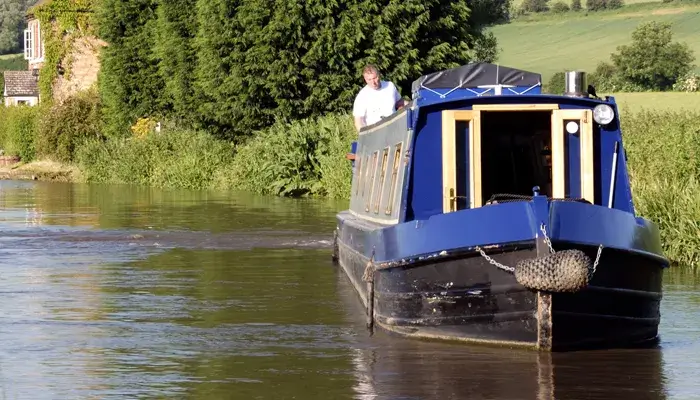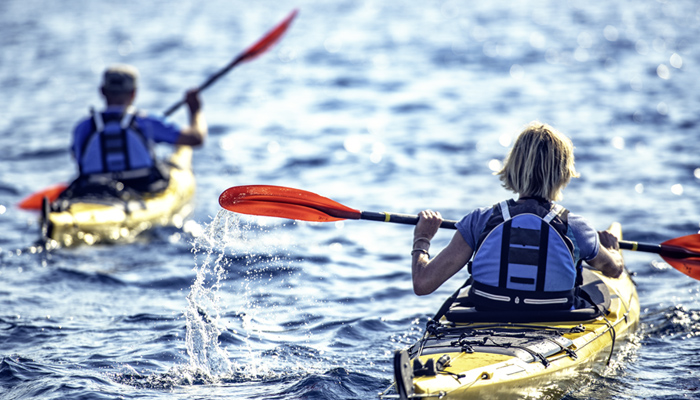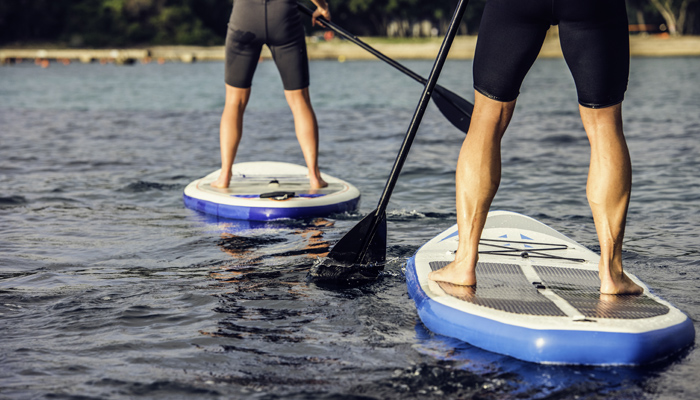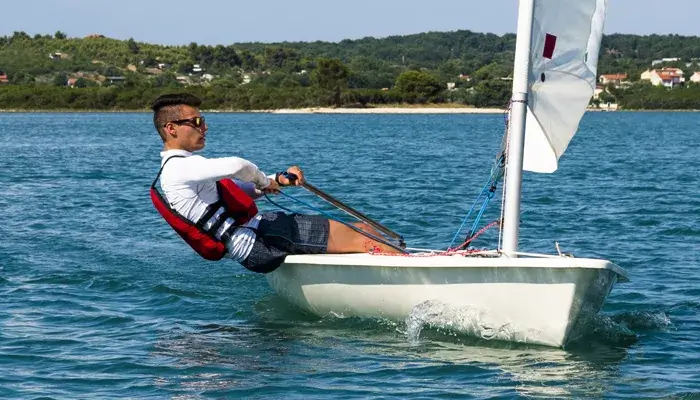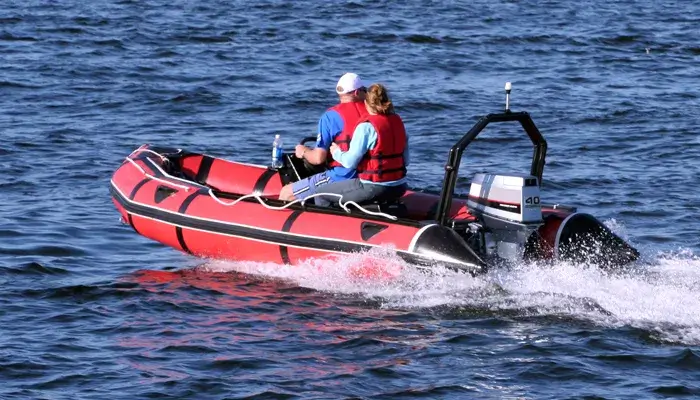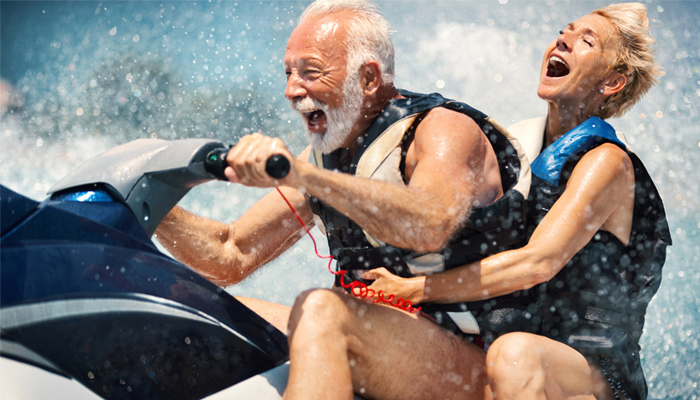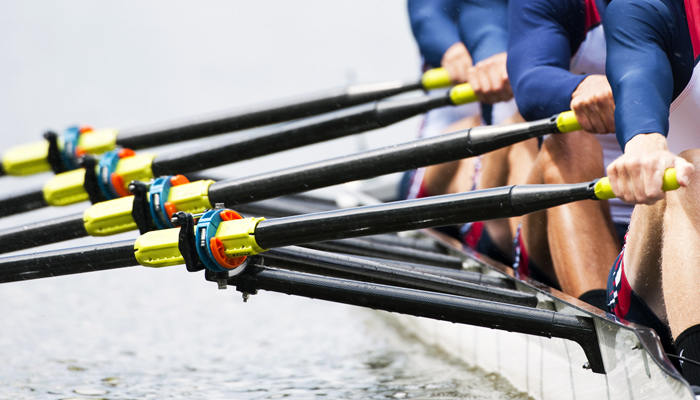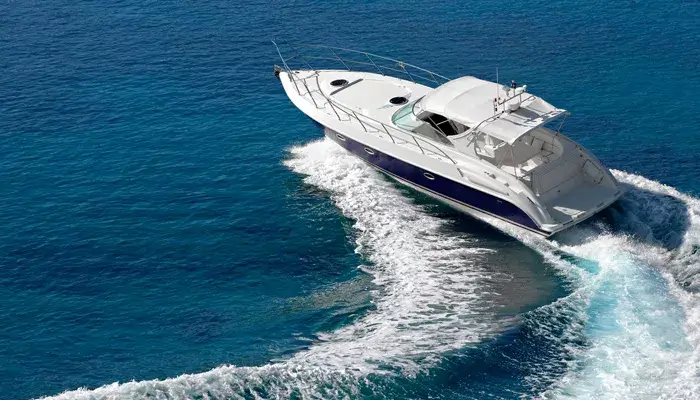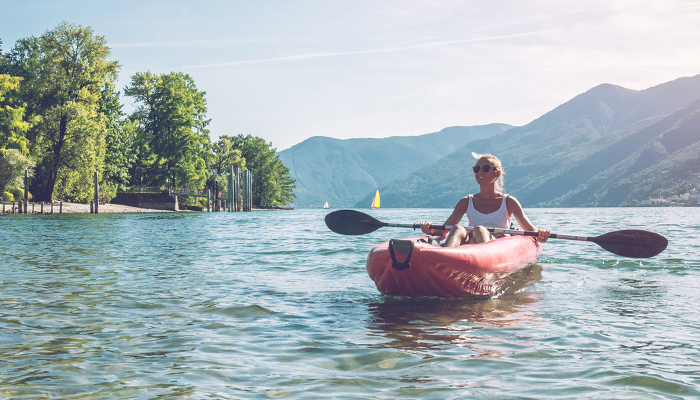Canoeing Water Grades Explained
Grades of water and safety
The British Canoe Union (BCU) is the lead organisation supporting canoeing and kayaking in the UK. They have set up a grading system to help people assess which areas are suitable for their canoeing ability. In this article, we explain how the grading system is calculated and how you can be sure that you aren't putting yourself in unnecessary danger.
In any sport it's important to know your limits and tackle challenges which test you but are not so far beyond your own physical/skill limits to pose a danger to your wellbeing. It's also true that sport doesn't just attract those looking to push physical limits, it also attracts those who simply enjoy being active. Canoeing and kayaking is no exception to this. To help establish whether or not a stretch of water is too dangerous for your ability level, British Canoeing has set up a grading system.
The grading system runs from one through to six and is based on a series of criteria; water temperature, wind, wave height, waves breaking, potential swim difference, paddling at night/fog and miscellaneous hazards (such as remoteness or difficulty of communication).
You'll rightly point out that many of those criteria will vary from day to day. As such, the grades you may find in guidebooks will be based on an average day. It's therefore important to know how water is graded so that you can assess for yourself on any given day whether or not a stretch of water is within your ability.
BCU grading system
The grading system works on a points system which can be worked out as follows:
- Water temperature - every degree below 20 degrees centigrade scores one point
- Wind - one point per mile per hour wind speed
- Wave height - two points per vertical foot
- If the waves are breaking, add ten points
- Swim distance from the shore - one point for every 25 metres from the shore in normal clothes. One point per 100 metres if wearing a wetsuit or dry suit
- If paddling at night or in fog add 20 points
- Each miscellaneous hazard adds ten points
Total the scores (using the criteria on the right) according to the conditions on the day then divide by ten to get the grade of the water. You can then relate the grade of water to your ability as follows:
Grade I - Suitable for beginners
Grade II - Moderate conditions which require a more experienced canoeist
Grade III - This is the first grade of water considered "white water" and therefore requires an intermediate to advanced skill set.
Grade IV - Challenging conditions, advanced skills required
Grade V - Very challenging, only to be attempted by experts
Remember, it's great to challenge yourself sometimes but don't do so at the risk of your own safety. Make sure you assess the water you're about to canoe or kayak on and make a sensible decision as to whether or not you go out. Be honest with yourself, know your abilities and don't be a hero!
About the author
Adam Summersby is a respected leader with 11 years’ varied experience in niche personal and commercial lines insurance, including caravan, site operators and excess reimbursement, with proficiency in leadership, sales and account management.
Date: April 26, 2013
Category: Boat





